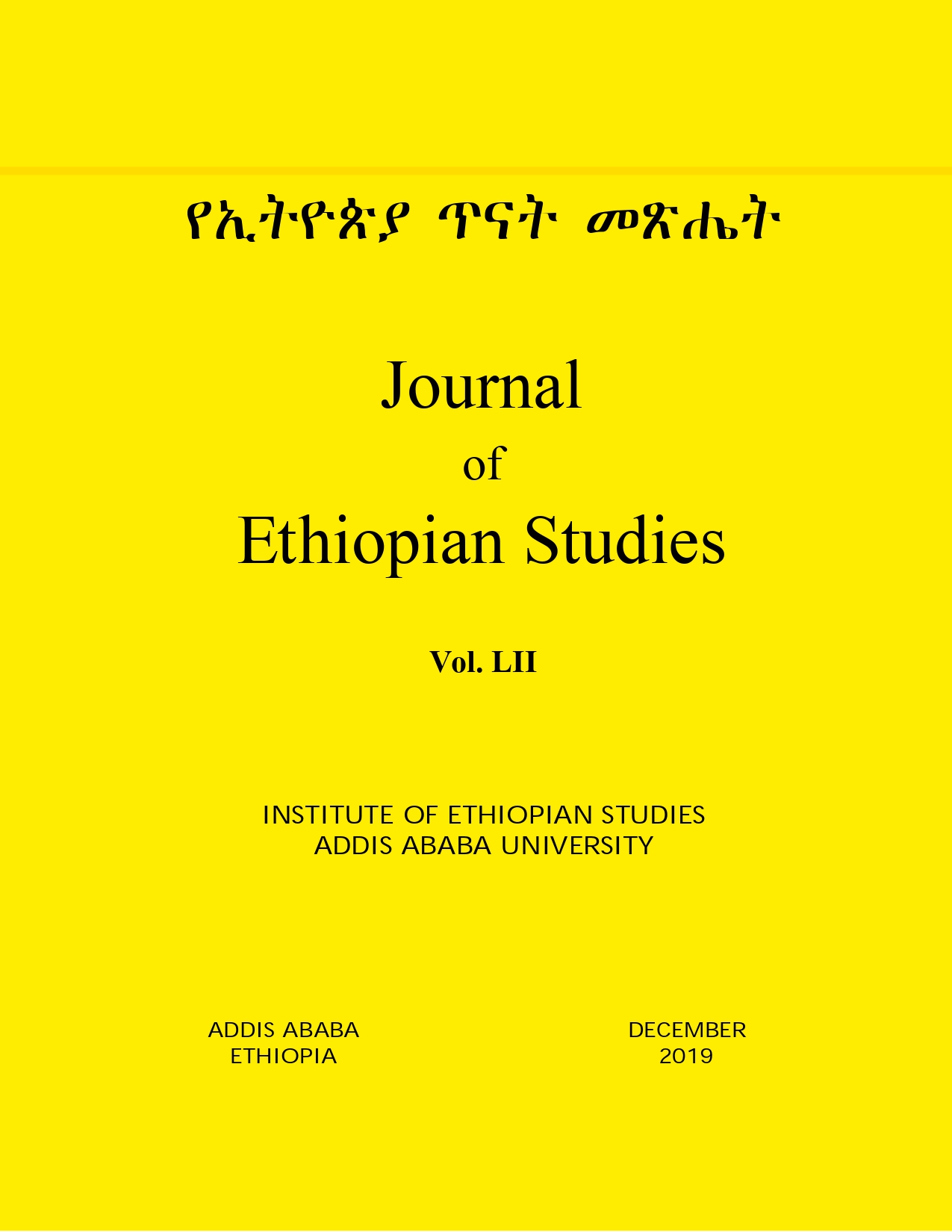Aspects of Traditional Culture in Modern Ethiopian Novel in English: with reference to Shinega’s Village and The Afersata
Abstract
This paper examines some prominent aspects of traditional Ethiopian culture depicted through modern Ethiopian long fiction in English. Ethiopia has a long history of literary tradition in its indigenous languages, mainly in Geez and Amharic. However, the history of Ethiopian creative literature in English is slightly over half a century old. In this sense, it can be considered as a more recent development when compared to the tradition of Ethiopian literature written in Geez
and Amharic. Moreover, the output of literature in English in Ethiopia is quite scanty, compared to the output in other African countries such as Nigeria and South Africa, for instance. Although limited in quantity, Ethiopian literature in English comprises important works in fiction, poetry, and drama. One striking feature of Ethiopian creative literature in English, particularly that of long fiction is its fusion with aspects of indigenous traditional culture. This article attempts to explore some salient aspects of Ethiopian traditional culture reflected in Ethiopian literature in English through the analysis of two novels by Sahle Sellassie Berhane Mariam, namely Shinega’s Village and The Afersata. Textual analysis has been used as a basic method to explore the aspects of traditional culture in the novels. A close reading and analysis of the novels revealed four major aspects of traditional culture. These are mystical world view, traditional dispensation of justice, infusion of folklore, and a sense of continuity.
